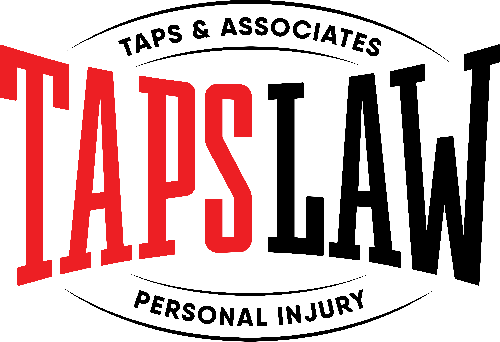Related Content
When Do I Need a Personal Injury Attorney?

What Happens if Someone Uninsured Hits Me?
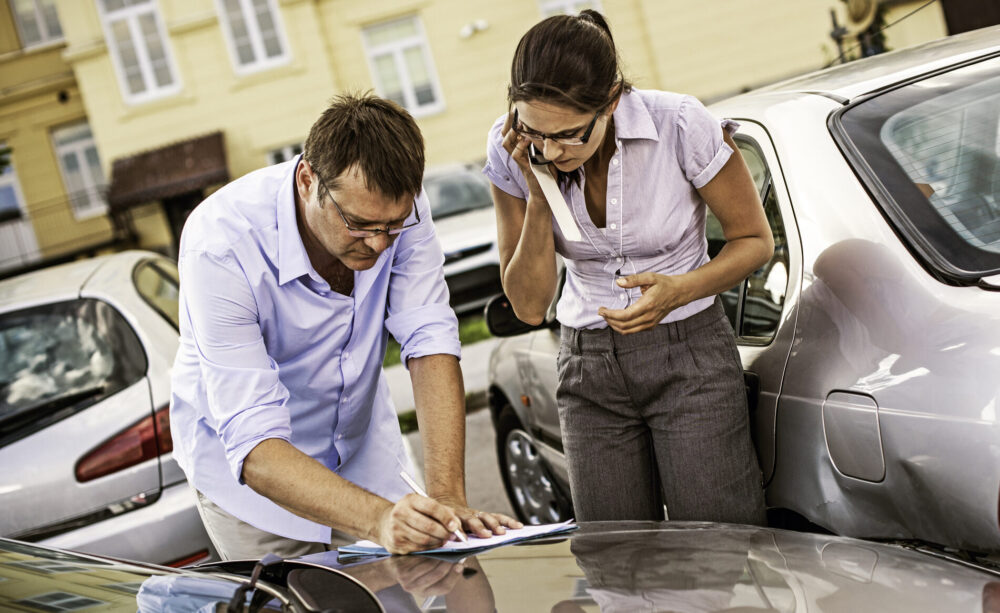
How to Document Injuries from a Wreck
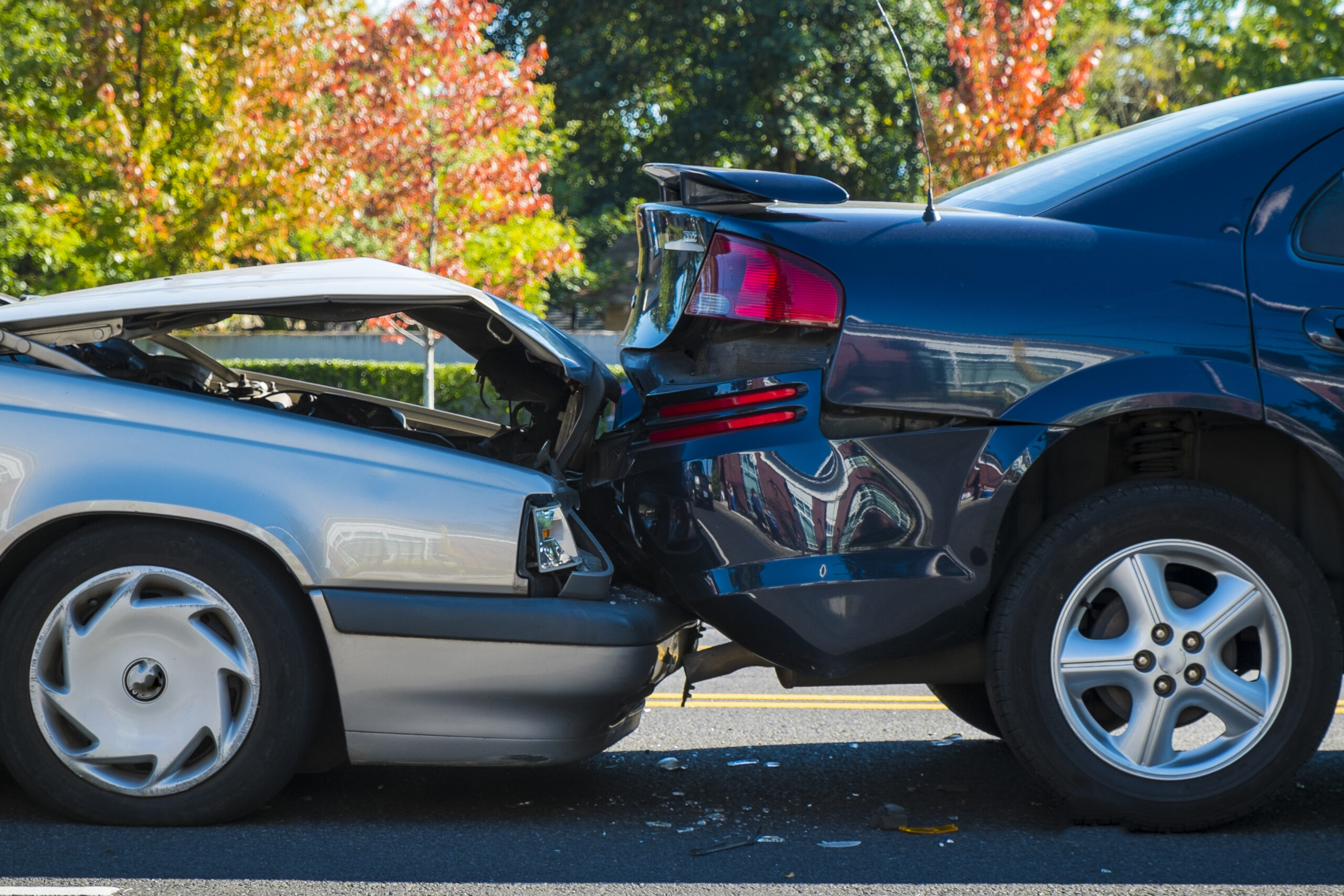
Can You Be Liable for Someone Else Driving Your Car?

What to Do After an Accident?
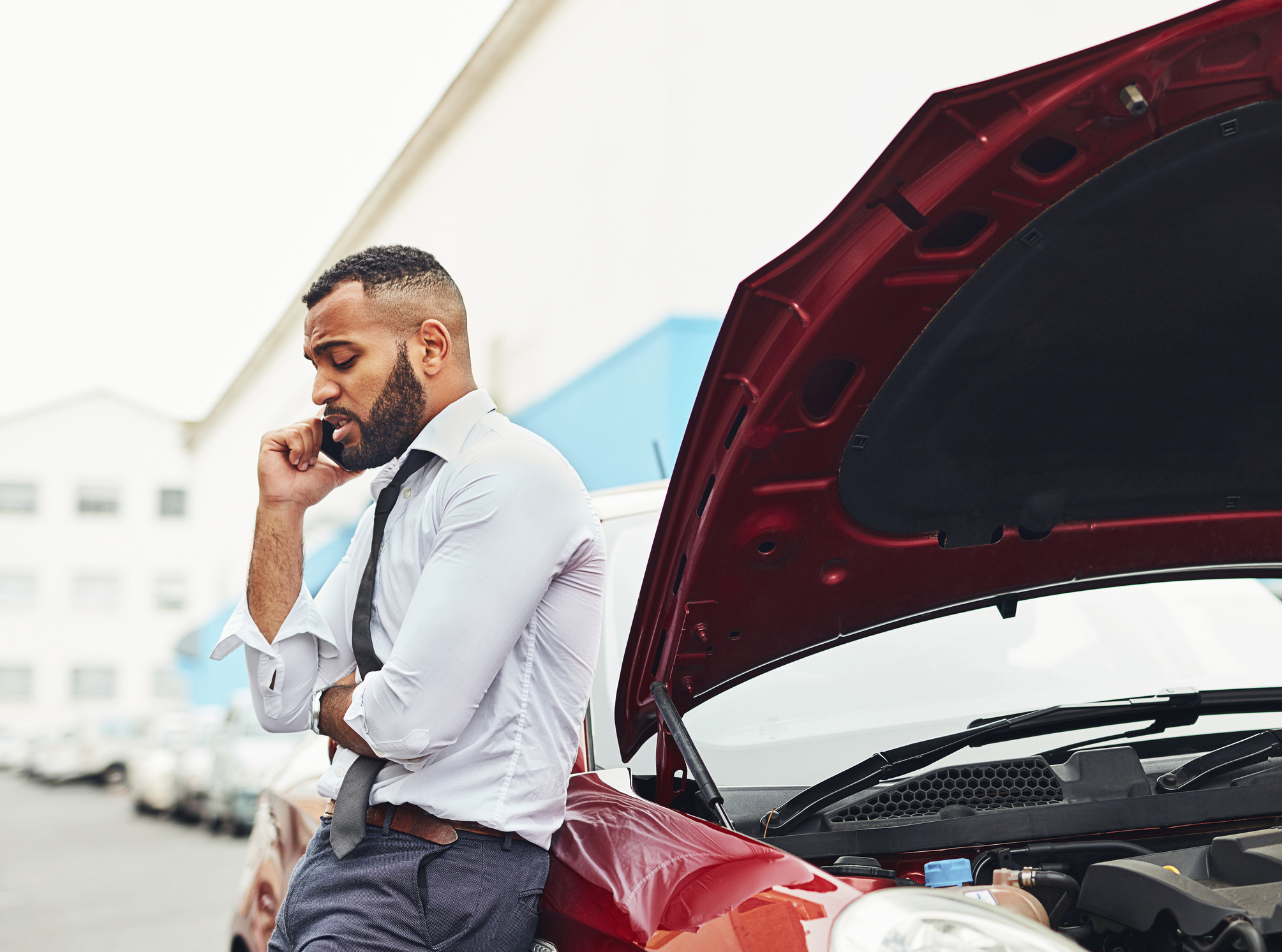
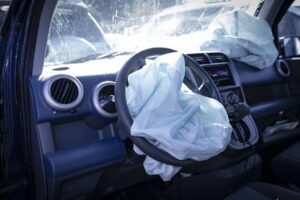
Any time you’re in a car accident, it’s stressful. If you’re in an accident bad enough to total your car, it’s even more so. What should you expect if that happens? Is your insurance company required to pay for your vehicle loss?
When a vehicle is “totaled”, that means the insurance company has declared it a total loss. The actual cash value of a vehicle is calculated using the year, make, model, mileage, physical wear and tear, and damages caused by the accident. Remember, cars lose their value rapidly, so the older a car is, the more likely it is to be totaled. If repairs will cost more than a pre-determined percentage of the car’s value, typically about 80%, the vehicle is considered a total loss.
Insurance companies have software that allows them to calculate a vehicle’s total value after an accident. You can get a general idea of how much your vehicle is worth on your own, by checking sites like Kelley Blue Book or Edmunds. Unfortunately, your Kelley Blue Book estimate may be more than the insurance company is willing to pay.
If you’ve just made significant repairs on the car, replacing the engine, transmission, or another major part of the vehicle, you can provide those receipts to your insurance company. They might make a difference as to whether your car is a total loss, or they might add to the check you’ll receive from the insurance company. The important thing to remember when adjusting your expectations is that the insurance company is not required to buy you a new car, just pay for the loss of your old one, minus your deductible.
The problem is that in many cases, the total loss payout check is lower than the amount of money the insured still owes on the vehicle. The average new car loan is now almost six years, and other things are often rolled into that loan, like the balance on an old loan or an extended warranty. When you consider how quickly cars depreciate, it’s easy to understand how a consumer could owe more on a vehicle than it’s worth. This is called being “upside down” on a loan, and if this is your situation, it’s wise to purchase gap insurance. Gap insurance pays the difference between the actual cash value of your vehicle and what is still owed. Of course, the time to purchase it is before an accident occurs.
If you need help dealing with the insurance company in the wake of an automobile accident, it’s important to find an attorney you can trust. At Taps and Associates, we provide personal attention to every case we handle, giving professional advice based on extensive experience. We believe that the biggest reward for us as attorneys is helping our clients and protecting them from those who would take advantage of them. To schedule a free consultation, contact us through our website, or call 404-492-8746.
